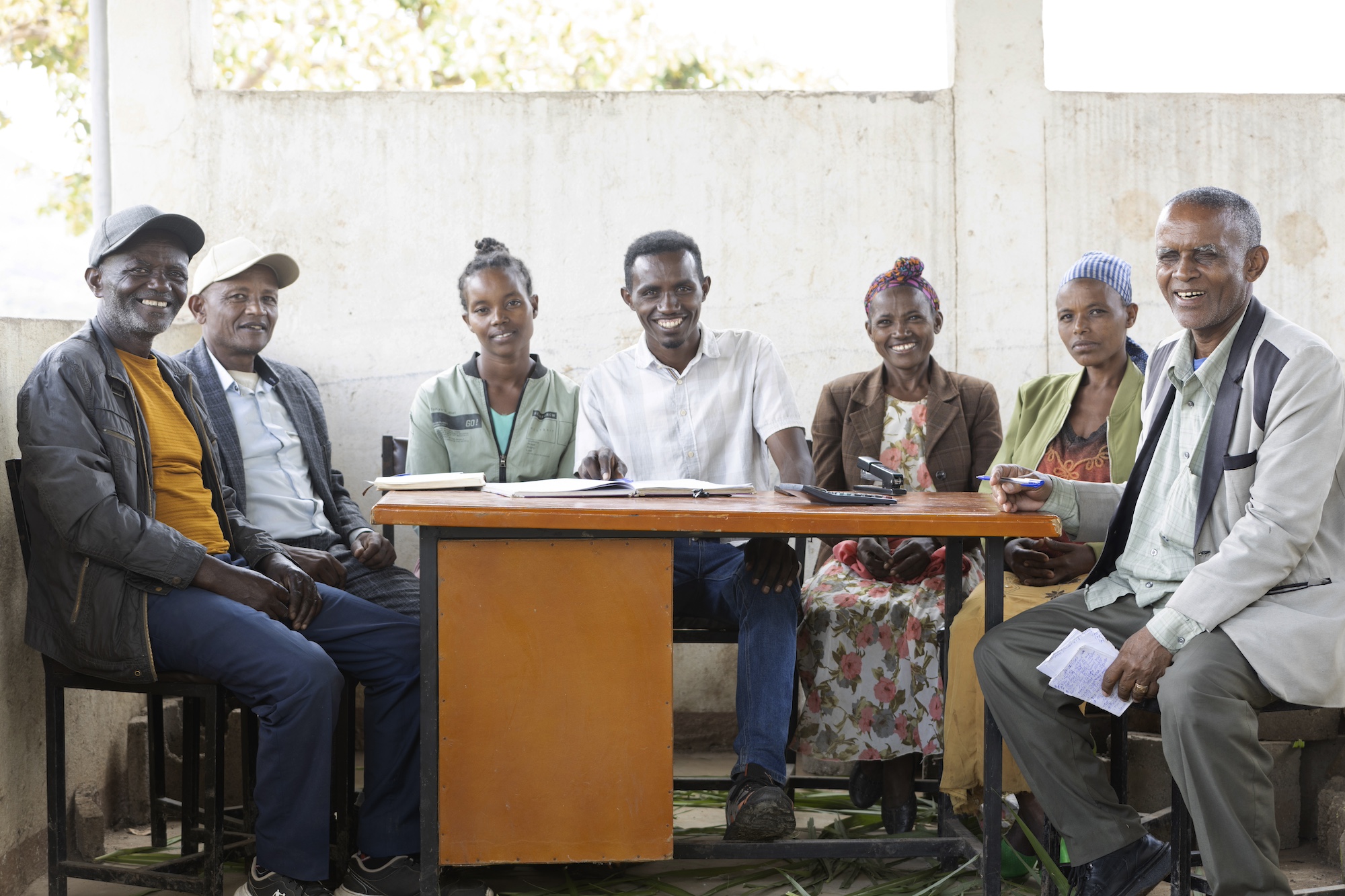FOR IMMEDIATE RELEASE: January 30, 2025
Contact: Tacy Layne | info@iamnuru.org
Washington, D.C. – Nuru proudly joins the global community in celebrating the United Nations’ declaration of 2025 as the International Year of Cooperatives (IYC2025). This global initiative, under the theme of Cooperatives Build a Better World, “is intended to raise public awareness of the invaluable contributions of cooperative enterprises to poverty reduction, employment generation and social integration.” (United Nations)
The United Nations (UN) General Assembly’s resolution A/78/L.71 recognizes cooperatives as key to social and economic development, playing an important role in advancing the Sustainable Development Goals (SDGs). By declaring an international year of the cooperative for the second time, with the first being in 2012, the UN intends to “highlight the strengths of the cooperative business model as an alternative means of doing business and furthering socioeconomic development.”
The International Cooperative Alliance (ICA) defines cooperatives as “people-centered enterprises owned, controlled, and run by and for their members to realize their common economic, social, and cultural needs and aspirations” (ICA). These democratically-run businesses equip their members to come together and sustainably improve their livelihoods.
In the rural communities where Nuru works, cooperative agribusinesses equip their members with access to market linkages, training opportunities, and provide helpful services when communities face unexpected challenges or shocks. For example, Endagara Cooperative in Ethiopia supported their local community during a severe drought that led to food insecurity and crop loss in 2023. The cooperative purchased grains from outside the region and sold them to community members at a discounted cost. Furthermore, the cooperative equipped its members with access to drought-tolerant mung bean seeds, a crop that proved to be a lifeline for farmers whose other crops were failing due to rain shortages. Learn more about how Nuru cooperatives impact their communities by viewing this case study from Agribusiness Market Ecosystem Alliance (AMEA).
Cooperative agribusinesses are community hubs that are critical to sustainable rural livelihoods, creating opportunities for rural entrepreneurs to thrive by improving access to finance, technical training, and markets. Nuru has witnessed firsthand how cooperative agribusinesses foster thriving rural economies that equip individuals to build brighter futures. By ensuring member-owned cooperative agribusinesses have the resources and tools to be both profitable and professional, Nuru supports resilient and prosperous communities with healthy food and market systems.
“Rural cooperatives offer communities a meaningful opportunity to pursue personal and shared aspirations while building the foundation for thriving rural economies. These agribusinesses circulate cash and cashless payments locally and open new markets for the private sector. They advance good governance in weakly governed spaces, providing rural institutions that are both profit-oriented and community-driven.” -Nuru Chief Sustainability Officer Casey Harrison
As Nuru celebrates IYC2025, it remains committed to supporting sustainable cooperative agribusinesses to foster resilience and rural community prosperity in Kenya, Ethiopia, Nigeria, Burkina Faso, Ghana, and Niger. Nuru joins with the UN to call upon policymakers, private sector leaders, governments, and other development organizations to recognize the value of and invest in the cooperative model. For more information on Nuru’s work with cooperative agribusinesses learn more by visiting our website.
###
Nuru is a global collective that enables inclusive and sustainable prosperity by identifying communities at the stability tipping point, strengthening rural livelihoods and market systems, and fostering stabilizing connections that repair social fabric and pave a pathway to peace. The Nuru Collective works in Burkina Faso, Ethiopia, Ghana, Kenya, Niger, and Nigeria.


